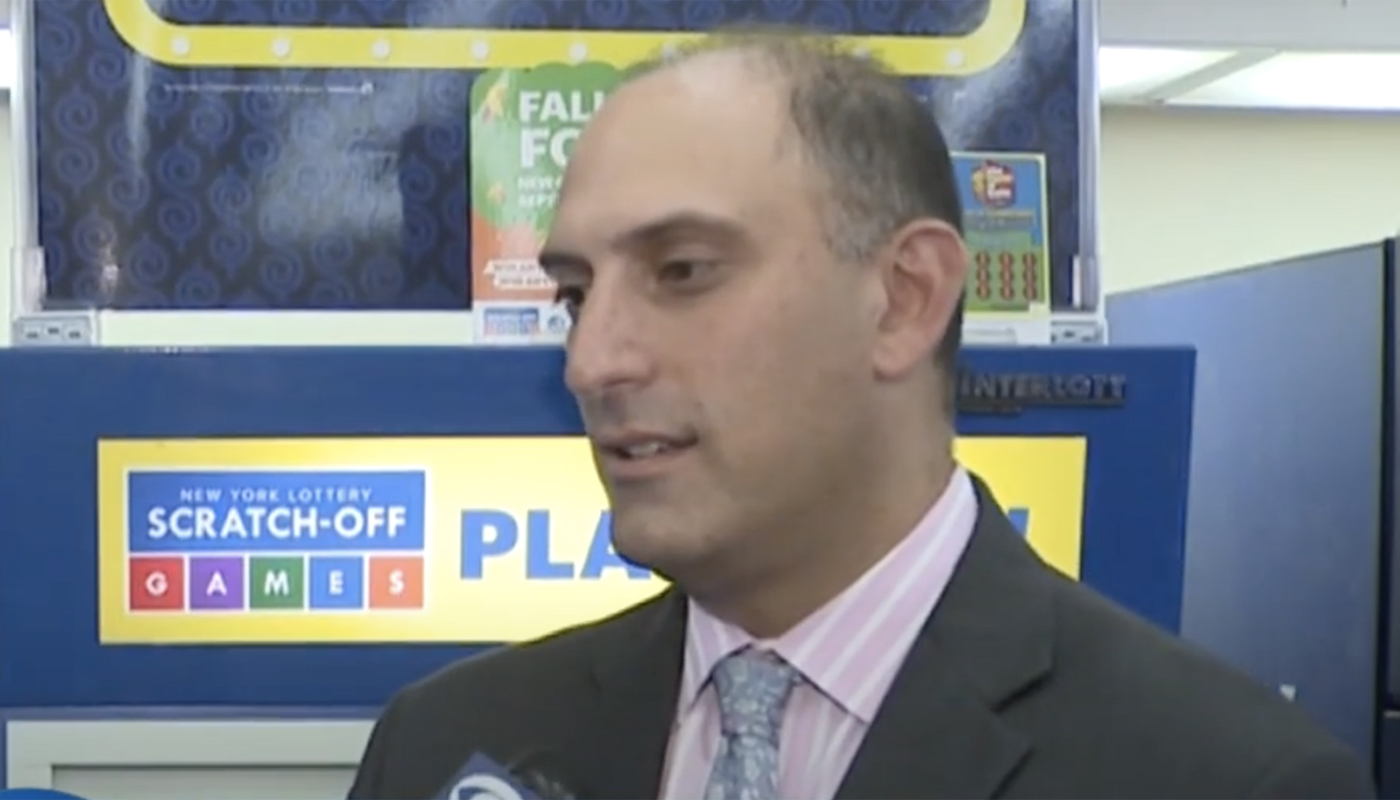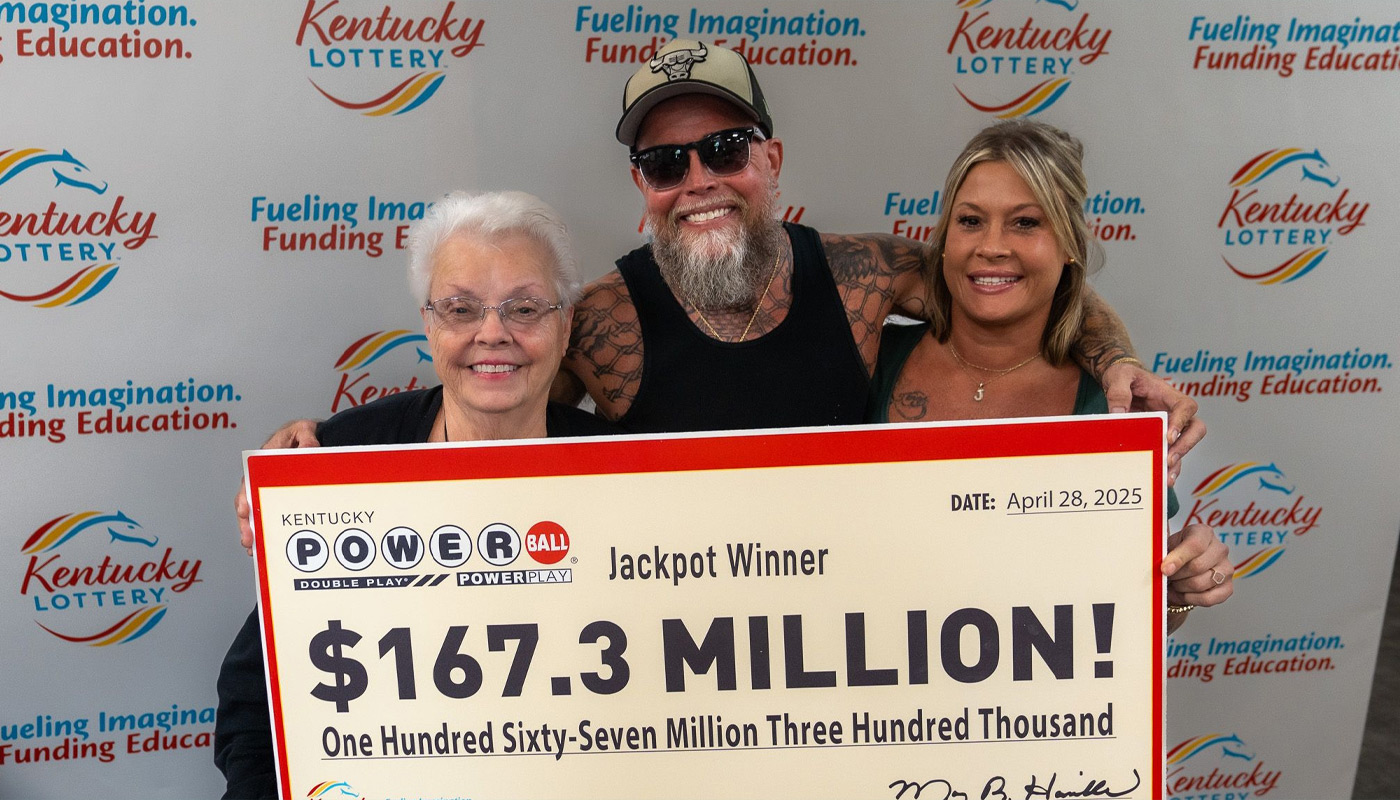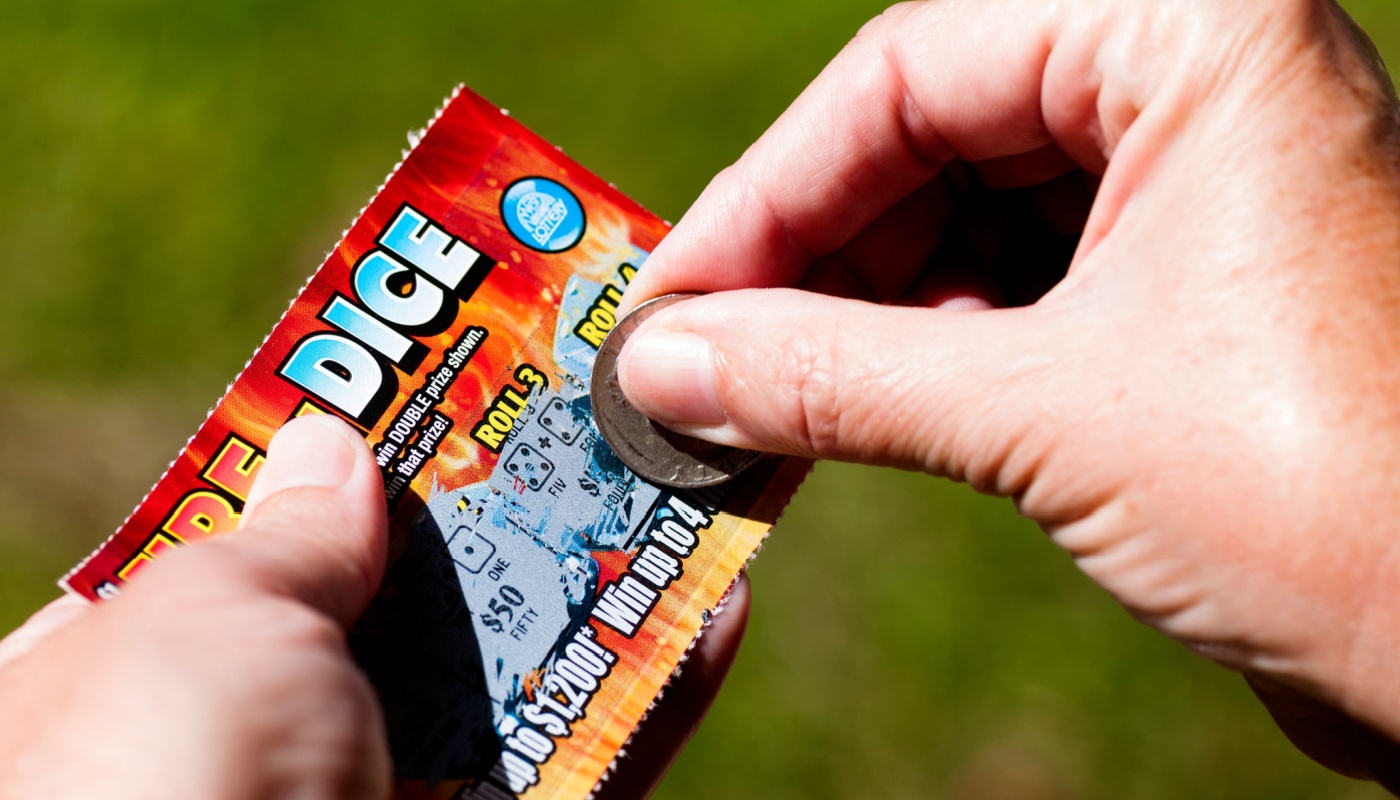
News writer; Opinion columnist
In much the same way that blood attracts sharks, money attracts scammers. That's why every article about what to do if you win the lottery suggests hiring a team of professionals, including lawyers, accountants, financial advisors, and money managers, to guide you and protect your new fortune.
That was Jason Kurland's pitch to potential clients. He was a lottery lawyer who represented some of the country's biggest multi-million dollar winners. He frequently appeared on TV and in magazine articles as an expert on managing sudden wealth. He knew how to protect them from the crooks and thieves who targeted people with massive fortunes.
But while all of his clients saw him as a trusted advisor and even a friend, they didn't know until it was too late that Kurland was the criminal he had warned them about.
Who is Jason Kurland
Jason Kurland's downfall started with what should have been good news. He was a lawyer who had spent two decades working in the unglamorous world of estate planning, which essentially meant that he helped wealthy people protect their fortunes.
He was on track for a steady, if unexciting, career until he received a phone call that would change his life forever.
He told Vice magazine:
Somebody won a large jackpot in Connecticut and wasn't sure where to go, and he worked for one of my clients. So my client basically said to him, 'Listen, this is one lawyer I can trust with my life. I don't know if he does this sort of thing, but you might as well call him, and he'll direct you in the right way.'
From then on, Kurland specialized in working with lottery winners who needed help managing and protecting their fortunes. He was so successful that he appeared as a guest on national news shows, offering his insights and perspective on the latest lottery news and trends.
Kurland became such a trusted source of information that players would seek him out after winning major jackpots for advice on managing their fortunes. He didn't come cheap, either. He charged new clients upfront fees of anywhere from $50,000 to $200,000 and monthly payments between $15,000 and $50,000.
But Kurland was more than just a lawyer. He became a trusted confidant to his clients, serving as their spokesperson to the press and even arranging luxury trips for them to major events, such as the Masters Golf Tournament or the Kentucky Derby.
As his profile grew, he would represent some of the country's biggest lottery winners, including a $254 million Powerball winner from Connecticut, a $336 million Powerball winner from Rhode Island, and a $121 million Powerball winner from Delaware.
However, while he made a small fortune by providing his legal expertise, Kurland eventually decided it wasn't enough to advise lottery winners; he wanted to live like one, too.
Beth Smith
When South Carolina resident Beth Smith learned she had won the $1.5 billion jackpot in the 2019 Mega Millions drawing, she was thrilled but also terrified. She understood how her life could change for the worse if people knew she had a ten-figure fortune, and she didn't want to step forward to claim her prize until she could guarantee that her identity wouldn't be made public.
That's why Beth Smith isn't even her real name. It's the pseudonym under which she was allowed to testify during Jason Kurland's fraud trial.
Like many of his previous clients, Beth says she first saw Kurland on TV and believed he had the expertise to guide her through all the challenges she faced as an instant billionaire. She and her husband arranged a meeting with him in Las Vegas, where he told them he could help protect their anonymity and also help them manage their money for an upfront payment of $200,000 and a monthly retainer of $50,000.
The Smiths agreed and entrusted Kurland with $300 million, which he placed into four separate investment accounts. All the accounts were in Kurland's name to conceal the Smith's identities. That meant that while the money belonged to the Smiths, he had complete control over it. The Smiths didn't receive bank statements and couldn't even access their cash unless they went through Kurland.
"He had access to it. We did not. He set it up as if it was, basically, his account," Beth said.
The Smiths expected him to manage their money responsibly and conservatively. They wanted to maintain their wealth so they could pass it on to future generations of their family.
"Beth" related.:
We were very adamant that we wanted this to be invested in a very conservative way because my husband and I believed this was — this blessing was going to be provided — to my family and generate — and we would have it generationally, so, we didn't need to take any, any risk in doing that.
But once he had his hands on his clients' money, Kurland didn't think of growing their wealth; he thought of increasing his own.
The scheme
With complete control of hundreds of millions of dollars from the Smiths and other clients, Kurland used a number of illegal schemes to defraud them of their wealth.
He worked with a network of other men to carry out his crimes, including Christopher Chierchio, a reputed soldier for the Genovese crime family; Frangesco Russo, whose father was a member of the Columbo crime family; and Francis Smookler, a securities broker.
These men would pay Kurland a kickback in exchange for investing his client's money into their business schemes, which frequently lost money.
One of these investments involved selling PPE equipment during the height of the COVID-19 pandemic. Another involved investing in a jewelry company owned by Gregory Altieri, who would later be charged for running a $200 million Ponzi scheme. Most of these investments were unsuccessful, and Kurland's clients lost $40 million in a single year.
In another incident, Kurland approached a client about investing in the financial services company Cheddar Financial, which provided companies with short-term loans in exchange for a percentage of their credit card payments. What Kurland didn't reveal was that he was actually the owner of Cheddar, and he wasn't investing the money; Kurland sold him the company for $2 million.
After completing the transaction, Smookler bragged to a friend in a text message, “Like looking at my bank statement today. Not going to lie.”
Kurland also dipped into his clients' accounts to pay for his own personal expenses. He purchased a Porsche and a golf club membership, went on spending sprees at luxury stores such as Fendi, and charted private jets for expensive vacations. By spending his clients' money, he could live the life of a lottery winner without ever buying a ticket.
The comedown
Jason Kurland thought he was untouchable, but while he was living the high life, he was also the subject of a major law enforcement investigation. Because of his association with organized crime figures, Kurland's lottery scheme came to the attention of federal authorities.
The FBI set up wiretaps on his phone and listened in as he and his associates freely discussed taking money from their unsuspecting victims and spending it on themselves.
Once they had gathered enough evidence, federal prosecutors struck, and in 2020, Kurland and his associates were charged with several counts of bank and wire fraud. In their indictment, prosecutors alleged that Kurland stole $100 million, with $80 million coming just from Beth Smith.
Cherchio, Russo, and Smookler pleaded guilty, but Kurland decided to fight the charges and take his case to court.
Kurland claimed that his clients were aware and approved of everything he did with their money. He also said that investing was always a risk and he shouldn't be held responsible for their losses.
Ultimately, this argument did not persuade a jury, and Kurland was convicted of five counts of wire fraud, honest services wire fraud, and money laundering. He was sentenced to thirteen years in prison.
Following his conviction, the Justice Department released a statement on Kurland's crimes:
Jason Kurland marketed himself to the public as the leading lottery lawyer in the country and was successful in recruiting as clients some of the biggest lottery winners in U.S. history, but then he used his position as a lawyer—a profession founded on duties of honesty and loyalty—to steer his clients to invest millions of dollars in companies that he secretly owned and took illegal kickbacks based on his clients' investments without their knowledge.
Who can you trust?
While Kurland's crimes led to a lengthy prison term, there will always be people ready to take advantage of lottery winners and exploit their lack of knowledge about managing their wealth.
One of the best ways to protect yourself is to surround yourself with a team of people who can collectively help manage your money rather than trusting one person to do everything. A lawyer is an important part of the team, but so are accountants, certified financial advisors, and money managers.
If Kurland's victims had more people who were independent of each other and able to monitor their finances, he wouldn't have been able to get away with so much reckless theft and spending.
When managing a fortune, you have to trust someone, but if you want to protect yourself, you shouldn't trust just one person to handle everything.




















Comments